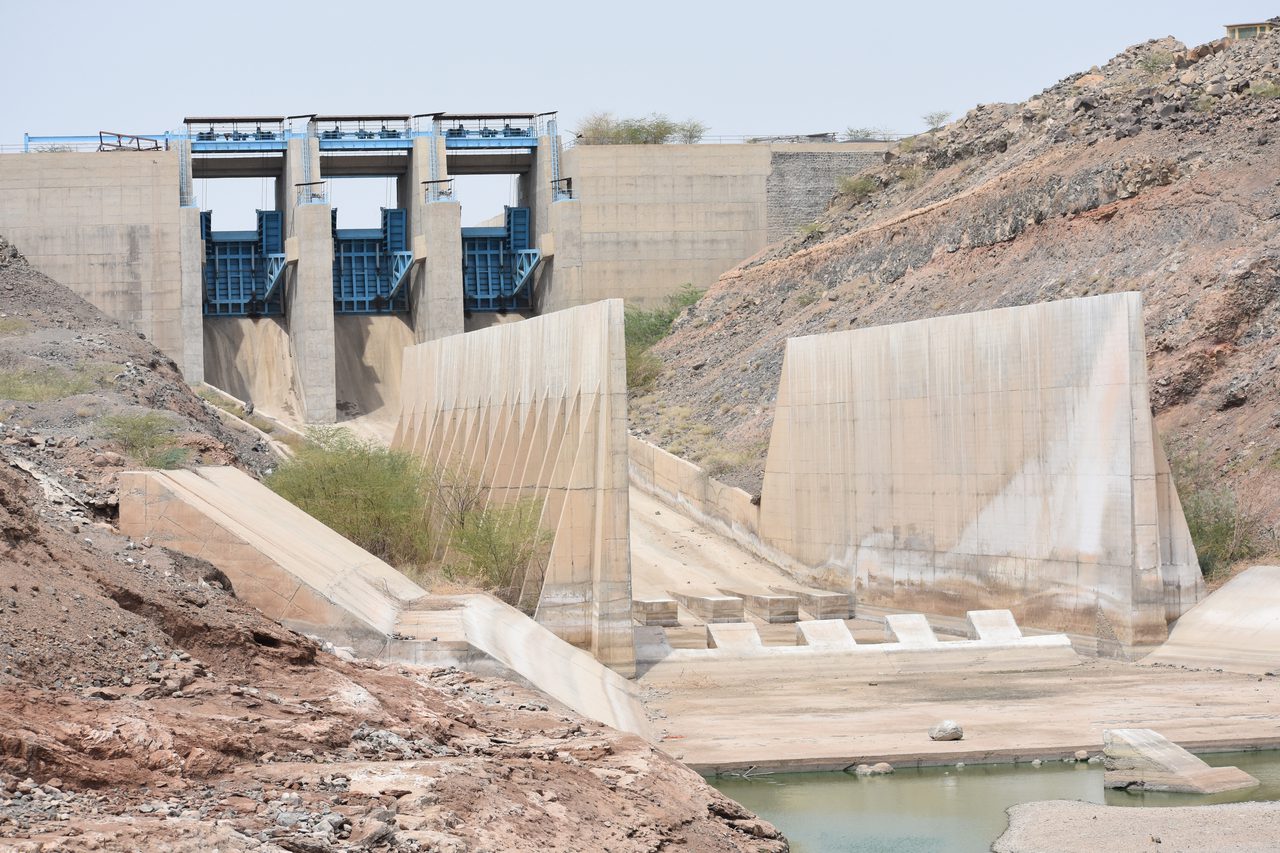Bitcoin mining is a sector that forms an exciting opportunity for some countries while for others causes terrible headaches. Across the globe, we see countries that are not so fond of the new industry banning BTC mining altogether. However, these developments are part of a more significant shift within the crypto mining scene.
Kosovo says no to Bitcoin miners
China’s blanket ban on BTC mining sent shock waves through the market last year, causing a hash rate crash and pushing the price of bitcoin down. Chinese miners, and new miners, rushed to nations with attractive energy prices. Even though the BTC price had fallen, mining the cryptocurrency still is a profitable industry for many.
However, after China, also Kosovo decided to end mining in its country. This is because of the energy crisis the country is facing. While it closed down its last coal power plant, it imported roughly 40% of its energy for high prices. So naturally, the people didn’t tolerate it, especially as Kosovo faced blackouts due to the power shortage.
The minister of finance, Hekuran Murati, said that the primary goal of banning crypto mining is to save energy. “This equipment, if it works uninterrupted, uses about 300,000 KW energy in a month, equal to the average consumption of 500 houses,” Murati said.
Sustainable countries take the lead
Many often forget that sustainability is more than just climate-related issues. Sustainability also means that a process should be viable in the economic and societal context. Considering Kosovo’s steps, does it mean that bitcoin mining is defacto unsustainable? It uses a lot of energy and preferably slurps up the cheapest power. The energy that many households in poorer countries, like Kosovo, desperately need.
The more remarkable shift in crypto mining right now is a hash rate move towards countries with favorable conditions. Countries with attractive energy prices and energy generated in sustainable ways, preventing energy blackouts or excessive emissions. Think of Iceland with its sustainable geothermal energy, which many miners use to mine bitcoins, supporting the world-changing technology behind Bitcoin.
Another example is Texas. The American state gets much of its electricity from renewables. But for miners, the oil industry in Texas is most interesting. As a by-product of oil drilling, natural gas flows up. Before, this gas was just either vented or flared. As you can read in one of our earlier updates, miners are now using this gas to mine bitcoin, decreasing the emissions of oil drilling.
So, is Bitcoin mining unsustainable? That depends on how and where you mine! GRN Energy helps you mine in many countries with sustainable energy sources. Find all the supported locations here. If you have any questions, feel free to send us a chat message or schedule a meeting here.










